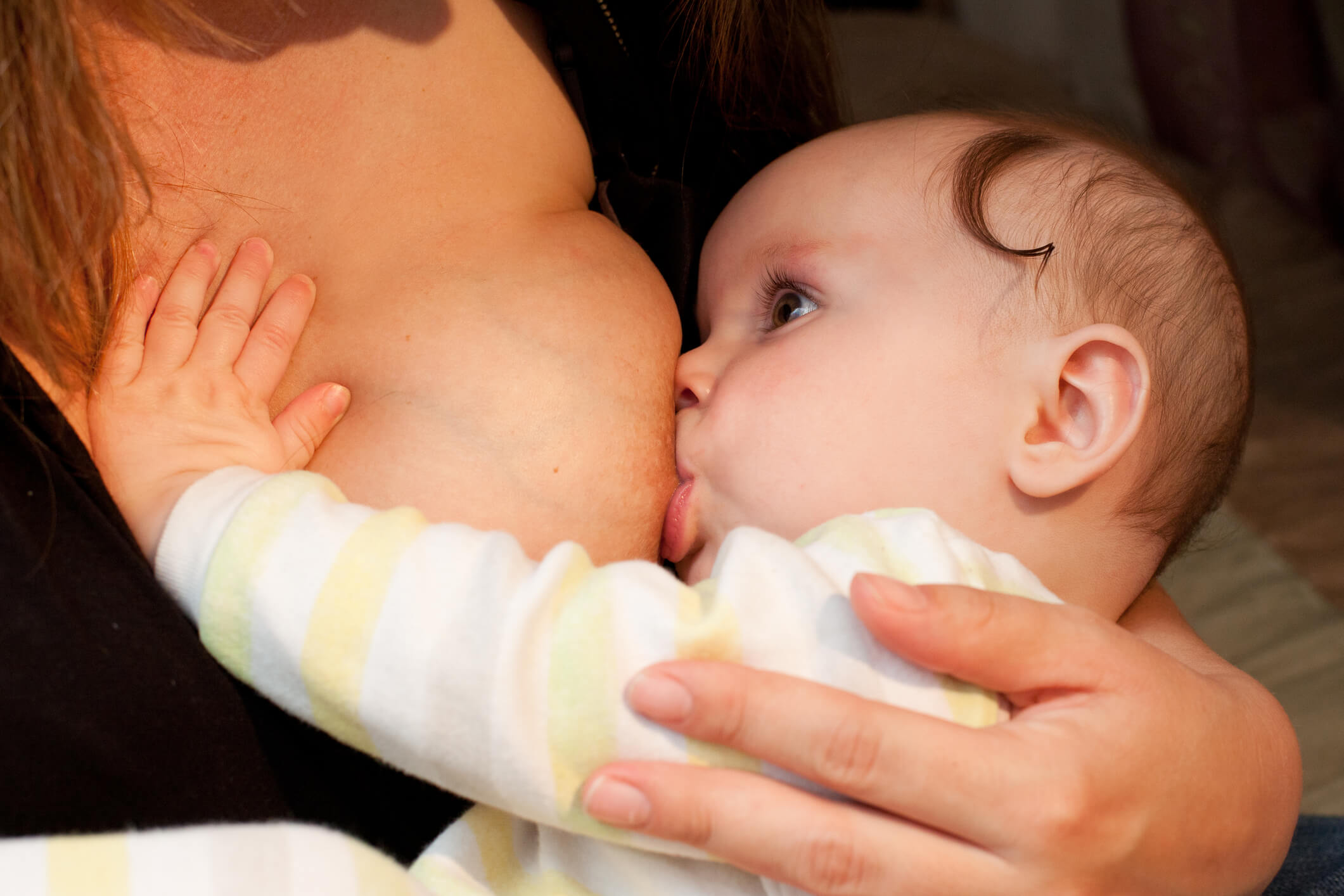Alcohol and Breastfeeding/Chestfeeding
When you drink alcohol, it passes into your breastmilk/chestmilk. The safest choice is not to drink alcohol if you are breastfeeding/chestfeeding because:
- Drinking alcohol decreases your let-down reflex (it may take longer for your breasts/chest to release your milk).
- Drinking alcohol does not increase your milk production as urban myth suggests. Your baby’s feeding determines how much milk you make.
- Babies may not like the taste of breastmilk/chestmilk containing alcohol which could make them drink less.
- Very young babies have immature organs which makes it harder for them to clear the alcohol from their bodies.
- Alcohol may affect your baby’s sleep.
- You may fall asleep, or you may be too drowsy to care for your baby.
How long does alcohol stay in my breastmilk/chestmilk?
On average it takes two to three hours to clear one standard size drink from your body.
How fast your body gets rid of alcohol depends on:
- the amount of alcohol you drank
- how fast you drank it
- whether you have eaten food
- how much you weigh
- how fast your body processes alcohol
Do I have to pump and dump after drinking an alcoholic beverage?
No. As alcohol leaves your bloodstream, it leaves your breastmilk/chestmilk.Pumping and dumping, drinking a lot of water, resting or drinking coffee will not speed up how quickly your body gets rid of the alcohol.
Can I have a drink and still breastfeed/chestfeed?
Mothers who only drink once in a while should continue to breastfeed/chestfeed, because the benefits outweigh the risks. Here are some ways to make it safer for your baby:
- It is best to plan ahead if you are going to have a drink
- Pump and store breastmilk/chestmilk a couple of hours before an event where you may drink alcohol to have it ready to feed your baby. Ensure you will have enough expressed milk to cover the amount of time you will have alcohol in your system
- Limit yourself to one drink or less per day.
- Drink alcohol after breastfeeding/chestfeeding (not before).
- Wait two to three hours per drink before breastfeeding/chestfeeding again to allow time for the alcohol to clear from your breastmilk/chestmilk and body.
- Invite your partner to limit their alcohol use to support you.
Did you know?
Babies feed often in the first three months and during growth spurts. These are good times to limit your alcohol intake.
For more information on alcohol and breastfeeding/chestfeeding, see Best start’s Mixing Alcohol and Breastfeeding.
For more information on breastfeeding/chestfeeding, see our other breastfeeding/chestfeeding articles.
Tobacco and Breastfeeding/Chestfeeding
The healthiest choice for your baby is to breastfeed/chestfeed and for you to avoid tobacco use. If you can’t stop or cut down, breastfeeding/chestfeeding is still recommended. Breastmilk/chestmilk gives your baby antibodies to help fight illness. It can also help lessen some of the negative effects of tobacco on your baby.
If you choose to smoke while breastfeeding/chestfeeding follow these tips to help protect your baby:
- Do not smoke right before or during breastfeeding/chestfeeding.
This way there will not be as much nicotine in your milk and your baby will not be exposed to secondhand smoke. - Try to cut down. For support with quitting or cutting down visit Smoker’s Helpline and/or talk to your health-care provider or public health nurse.
- Wait as long as possible between smoking and breastfeeding/chestfeeding.
- Keep your home smoke free. Smoke outside, away from your baby and other children. Do not allow anyone else to smoke near your baby.
- Protect your baby from thirdhand smoke. Wash your hands and change your clothes after you smoke and before you hold your baby. Have family members/friends do the same.
For more information on tobacco use, see Tobacco Use: Know the Facts.
Cannabis and Breastfeeding/Chestfeeding
When you use cannabis the active chemical, called THC, is stored in your fat cells (like your brain and breast tissue). When your baby breastfeeds/chestfeeds, THC is passed through your breastmilk/chestmilk and it enters your baby’s brain and body, where it can remain for weeks.
When a baby is exposed to cannabis through breastmilk/chestmilk, the effects are similar to when a baby is exposed during pregnancy. The baby may have sleep problems, be fussier and startle easily. As the baby grows, they may have problems with memory, reasoning, focusing and be easily distracted.
- The healthiest choice for your baby is to avoid cannabis use while breastfeeding/chestfeeding. For more information on breastfeeding/chestfeeding your baby, see our other breastfeeding/chestfeeding articles.
- If you choose to use cannabis while breastfeeding/chestfeeding despite the risks, use as little as possible.
Safety Tip
Avoiding or reducing alcohol, smoking and cannabis is healthier for your baby and reduces the risk of accidental injury, Sudden Infant Death Syndrome (SIDS) and other causes of sudden infant death. Place your baby on their back in a safe sleep space after using substances rather than bed-sharing or sharing a sofa or chair.


